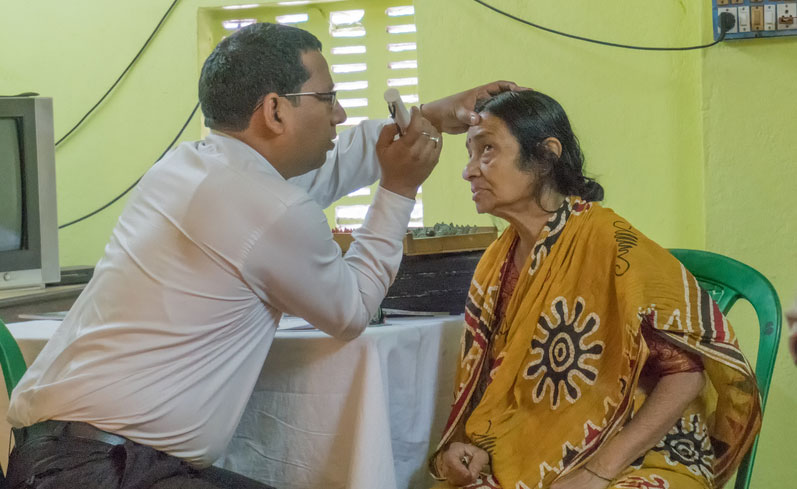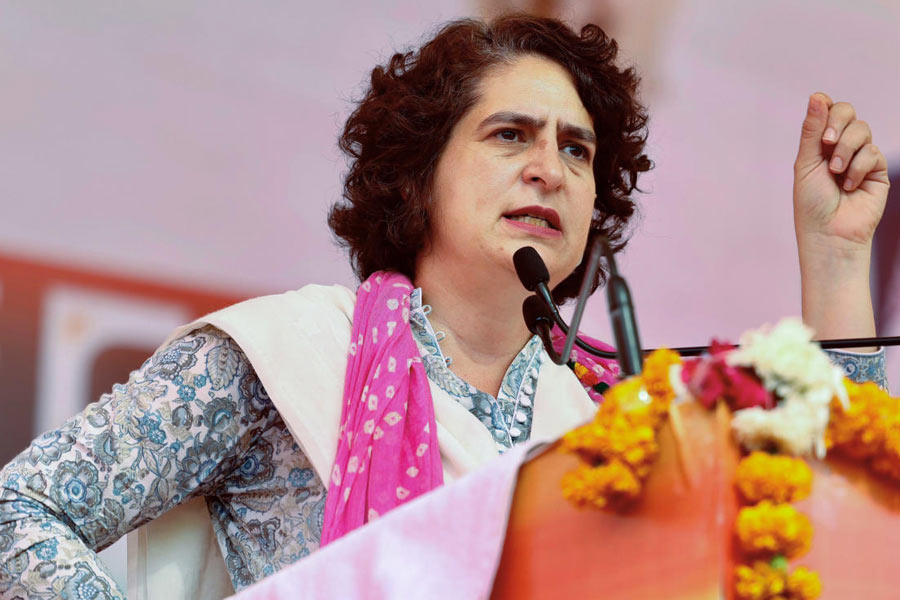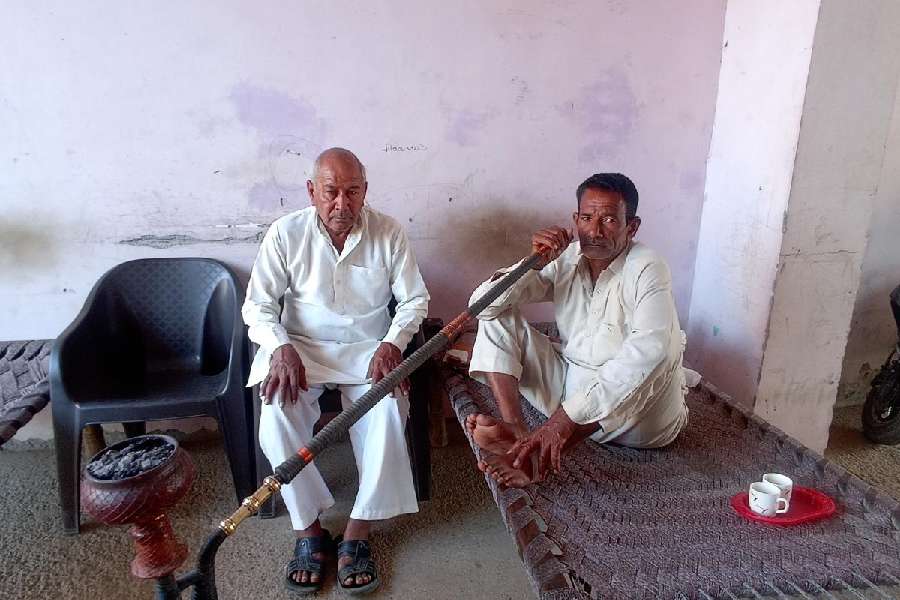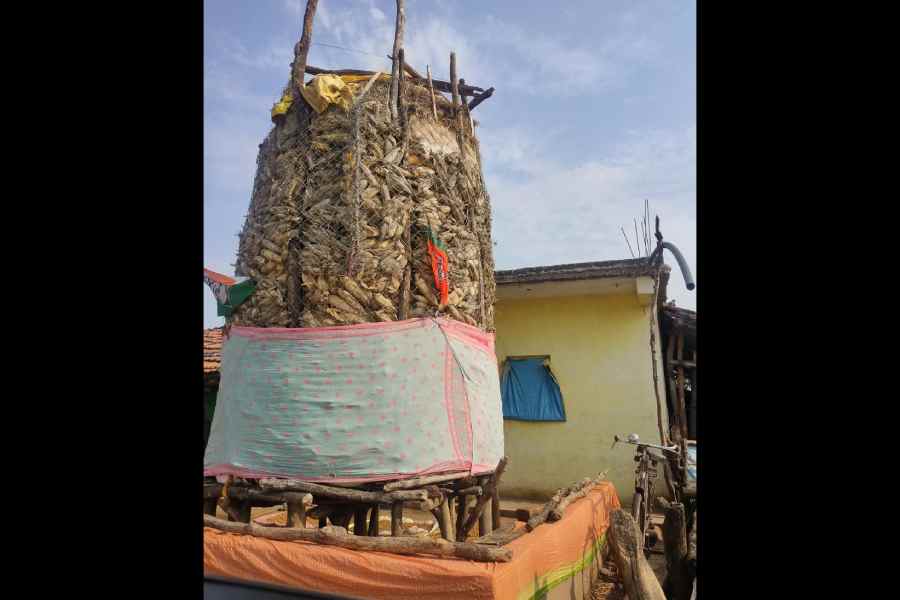Untreated cataract remains the primary cause of blindness in India, accounting for 66 per cent of people without vision aged 50 years or older, according to a nationwide blindness survey whose findings were released on Thursday.
Blindness prevalence has declined to 1.99 per cent during the survey period of 2015-2019 compared to 3.6 per cent in 2007 but, ophthalmologists said, the persistence of untreated cataract and complications from the cataract surgery are worrying findings.
The survey — conducted by the Rajendra Prasad Centre for Ophthalmic Sciences, AIIMS, New Delhi, for the national blindness control programme — has identified financial constraints and fear of surgery among barriers to accessing cataract surgery services.
One in five (22 per cent) patients who had untreated cataract could not afford the surgery, while 16 per cent did not opt for surgery despite being able to afford it. About 8 per cent of patients could not access cataract services.
Complications from cataract surgery accounted for 7 per cent of blindness and 8 per cent of severe visual impairment among people aged 50 years or older, according to the survey that examined the vision and medical history of about 85,000 people in this age group from 31 districts.
The survey has found that 60 per cent of cataract surgeries took place in private or non-government clinics and about 58 per cent of total operated eyes during the survey period had very good visual outcome and 10 per cent had poor visual outcomes.
Post-surgery operative complications contributed to 31 per cent of the poor outcome, according to the findings.
Senior opthalmologists said these are worrying but not surprising findings.
“Cataract surgery is a high-tech procedure and needs to be done with due care and precautions,” said Mahipal Sachdev, a senior New Delhi-based ophthalmologist and president-elect of the All India Opthalmological Society.
Opthalmologists estimate that more than 60 lakh patients undergo cataract surgery across the country every year, a number higher those for the US and Europe combined.
A senior ophthalmologist who was not associated with the survey said the 31 per cent complications rate is “unacceptably high.”
In the private healthcare sector, severe post-operative complications leading to poor visual outcome is typically less than one per cent.










